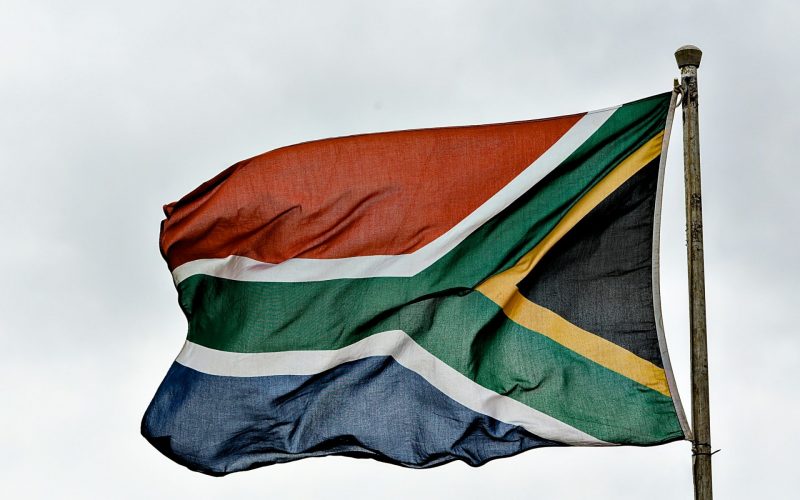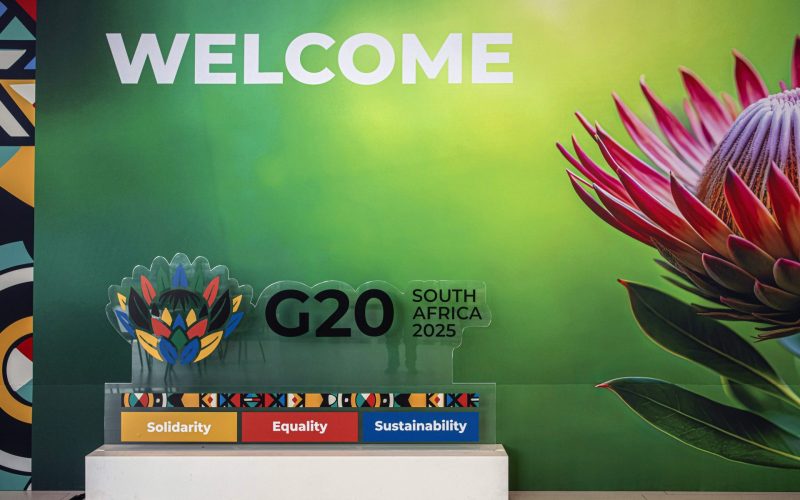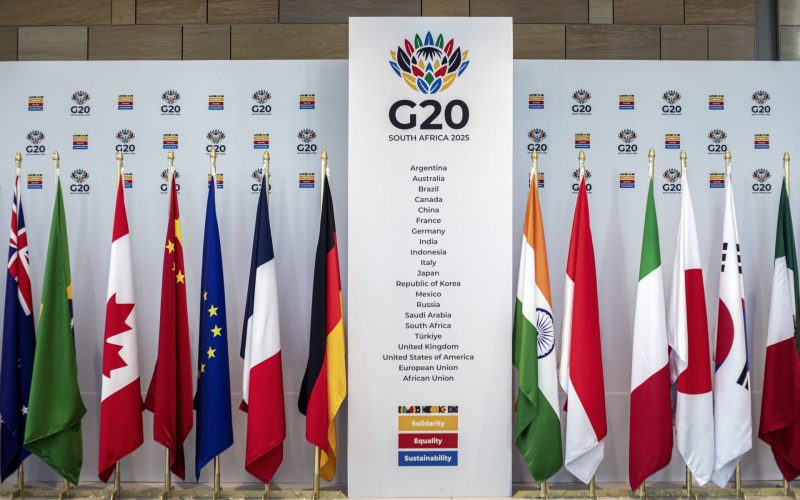Currently, 19 out of 54 countries in Africa exceed the 60% debt-to-gross domestic product (GDP) threshold prescribed by the African Monetary Co-operation Programme (AMCP) and 24 countries have surpassed the 55% debt-to-GDP ratio suggested by the International Monetary Fund (IMF). Of concern is the changing structure of Africa’s debt: countries are tilting towards non concessional and domestic debt with higher interest rates. Governments’ ease of access to and control over the domestic debt market is leading to excessive public debt accumulation and macroeconomic instability. Aside from the high interest rate and debt-servicing burden, excessive domestic debt also stifles credit to the private sector, the main engine of growth and job creation.








